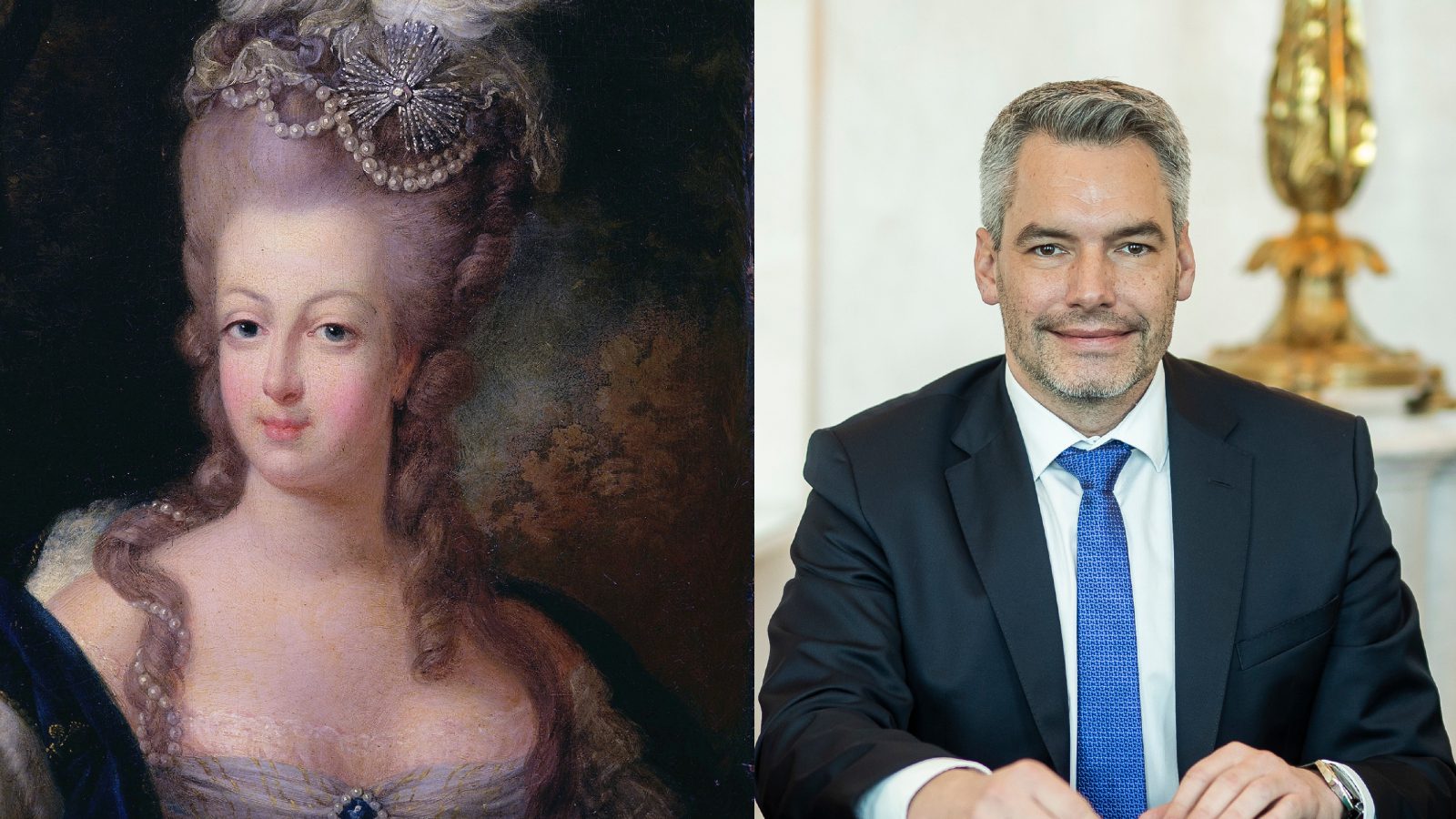
“Let them eat cake!” This infamous quote, that has been misattributed to French Queen Marie-Antoinette by Jacobine revolutionaries to stir up revolutionary sentiment, has been a mainstay in public consciousness for over two centuries—despite never having been uttered. But it may soon be replaced by an actual recent statement of Austrian Chancellor Karl Nehammer, who suggested during a convention of the Tyrolean ÖVP, that people will have to turn to either “alcohol or psychotropic drugs” to cope with the aftermath of inflation.
Some party colleagues of Nehammer of the Christian-democratic ÖVP defended this as an attempt at humour. But few felt inclined to laugh along with the chancellor, given the severity of the current economic situation:
We must recognize the enemy: that’s inflation, the absurdly high level of energy costs. We must use measures in such a way that we don’t push inflation even further, but to reduce it together in the European Union. That is anything but easy. But what’s important for me is that if we go on like this, there will only be two choices for you afterwards: alcohol or psychotropic drugs. And I say: alcohol is basically ok, what’s important is to always toast when you are doing well.
Nehammer’s speech caused an uproar amongst the opposition. The general secretary of the right-wing FPÖ, Michael Schnedlitz, called the statement “a classic revelation and reflection of the complete failure of the government, as well as a demonstration of its incapability to deal with the overall situation.”
What added fuel to the fire was the exact choice of words by Nehammer. Rather than saying that “we” would have to face the choice between alcohol and drugs, he apparently excluded himself from the equation and directed the advice at “us” (“choices for you”). The aura of elitist detachment is also exuded in his jovial acknowledgment of alcohol as being “okay,” as long as people consume it while “doing well.” Given the recent notoriety Nehammer and his wife gained for toasting a lot—leading to the unresolved scandal in which his drunk bodyguards, after toasting with Nehammer’s wife while on duty, damaged several cars—such advice comes across as cynical and showed a lack of self-awareness.
Journalist Pia Kruckenhauser of the Standard accused Nehammer of trivialising alcohol consumption and prescription psychotropic drugs, both of which come with severe dangers of physical side effects and may be highly addictive.
Nehammer’s latest statement adds to the mounting internal pressure from within the ÖVP. Recent surveys saw the ÖVP already struggling with the FPÖ to maintain second place. On top of that, the current energy crisis sees the ÖVP divided. Several state governors of the ÖVP have called for an electricity price cap, but the federal government has so far blocked the idea. Also, the head of the Chamber of Commerce, Harald Mahrer, critiqued the sanctions enforced by the EU and Austria as “not thought through.” While the ÖVP has been avoiding a break up of its coalition in order to face new elections, internal voices from the ÖVP indicate that the era of Karl Nehammer might end soon.
Luckily for him, though, he won’t have to face the consequences that Marie-Antoinette had to face, even though he may take full credit for having spoken such callous words.
